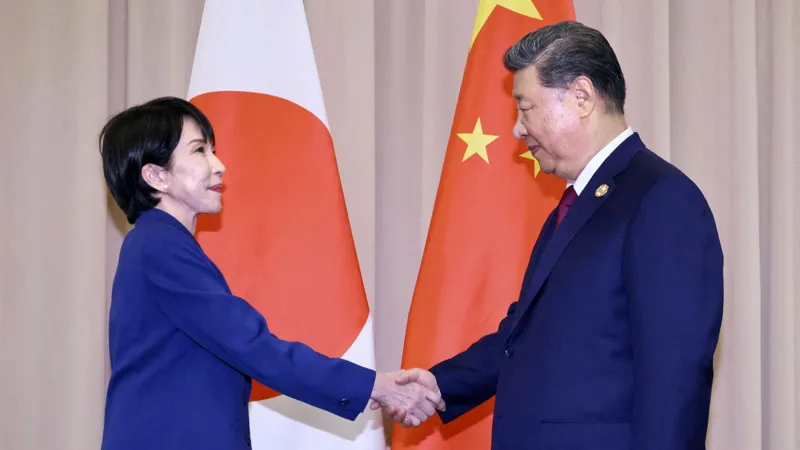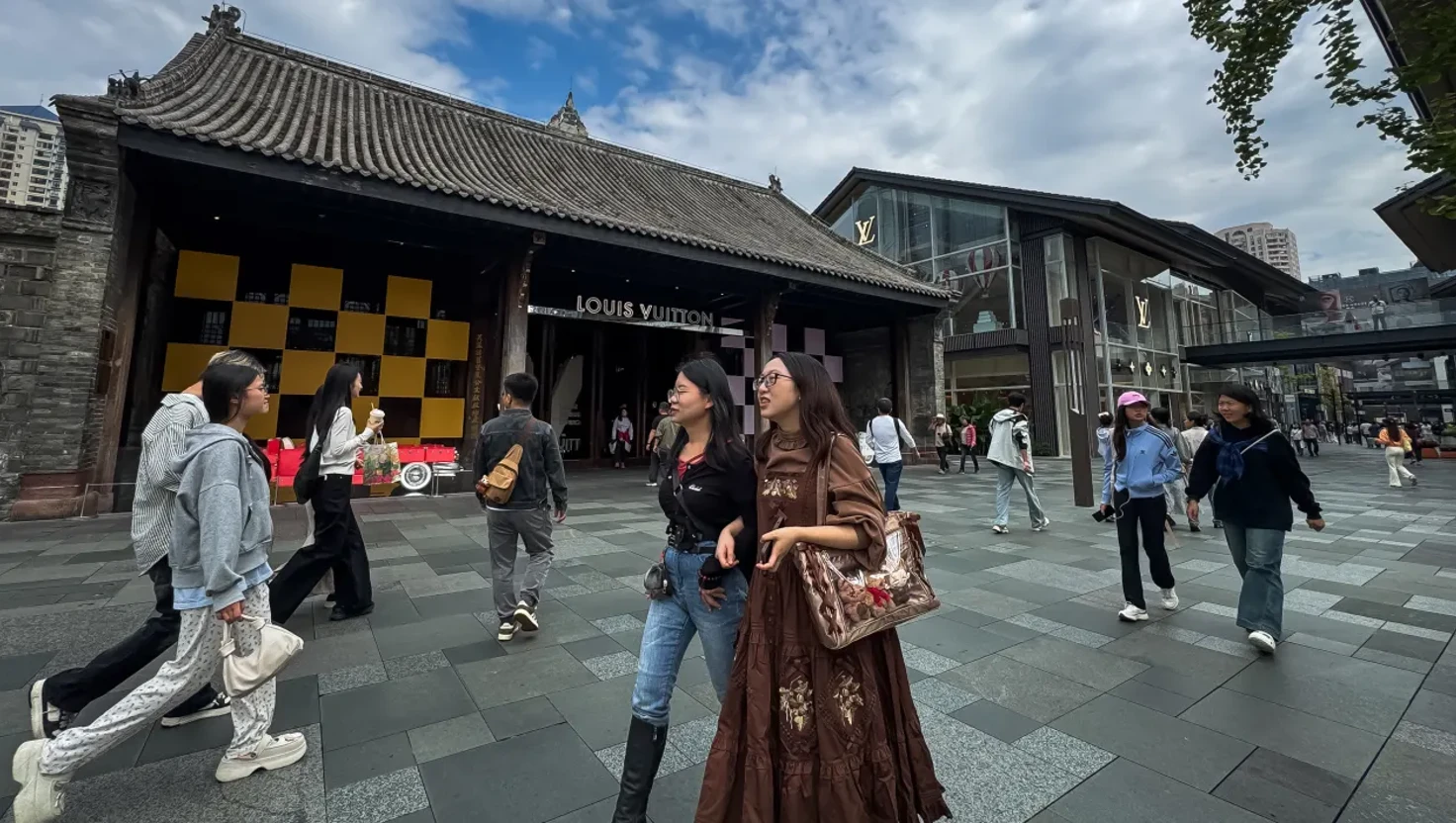Tensions Rise Between China and Japan Over Taiwan Comments

Tensions between China and Japan have intensified following comments made by Japanese Prime Minister Sanae Takaichi regarding Taiwan. The controversy erupted after Takaichi suggested that Japan might activate its self-defence forces in response to potential threats from China towards Taiwan.
Context of the Dispute
The friction began during a parliamentary session last Friday when an opposition lawmaker inquired about the conditions under which Japan would consider Taiwan's situation as a threat to its survival. Takaichi responded that any military aggression, including the deployment of battleships, could qualify as such a threat. This statement aligns with Japan's 2015 security legislation, which allows for the activation of its self-defence forces in the event of an armed attack on allies.
China reacted swiftly to Takaichi's remarks, describing them as unacceptable and provocative. The Chinese Foreign Ministry formally lodged a protest, calling Takaichi's comments "egregious" and demanding a retraction. In an additional display of discontent, Xue Jian, China's consul general in Osaka, made a controversial social media post suggesting that Takaichi's head should be severed, remarks that were later deemed inappropriate by Japanese officials.
Escalating Diplomatic Measures
In response to the remarks, Japan's government summoned the Chinese ambassador, asserting that its position on Taiwan remains unchanged and advocating for a peaceful resolution through dialogue. Meanwhile, Beijing has issued warnings to Japan, cautioning against any perceived interference in what it considers a domestic issue.
On Monday, the Chinese Foreign Ministry reiterated its stance, labelling Japan's comments as a gross interference in China's internal affairs. Ministry spokesperson Lin Jian emphasised that Taiwan is an integral part of China and cautioned Japan against actions that might challenge China's sovereignty.
Historical Context
The ongoing tensions are further complicated by the historical animosity rooted in past conflicts, including Japan's military actions in China during World War Two. This backdrop has led to a fraught relationship, where any remarks regarding Taiwan are particularly sensitive.
Takaichi, a conservative figure and ally of former Prime Minister Shinzo Abe, has been vocal in her support for Taiwan, previously stating that a blockade of the island could pose a direct threat to Japan. Her recent statements mark a significant shift from Japan's long-standing policy of strategic ambiguity regarding Taiwan, a stance that has generally favoured caution in public discussions of security matters.
Potential Consequences
As the diplomatic row continues, the Chinese government has advised its citizens to avoid travel to Japan, citing concerns over provocative comments surrounding Taiwan. This warning reflects the broader geopolitical implications of Takaichi's statements and the potential for increased military tensions in the region.
Japanese officials have reiterated their commitment to resolving the Taiwan issue peacefully, yet the current climate suggests that further escalations may occur, particularly as Takaichi's government seeks to strengthen ties with the United States and increase defence spending. The situation remains fluid, with both nations poised to navigate a highly sensitive geopolitical landscape that could have far-reaching consequences for regional stability.

China's Investment Decline Raises Economic Growth Concerns

China Launches 12 Satellites for World's First Space-Based Supercomputer

India bans Global Times and Xinhua accounts over fake news concerns

India Tightens Scrutiny on Chinese FDI Amid Pakistan Tensions





